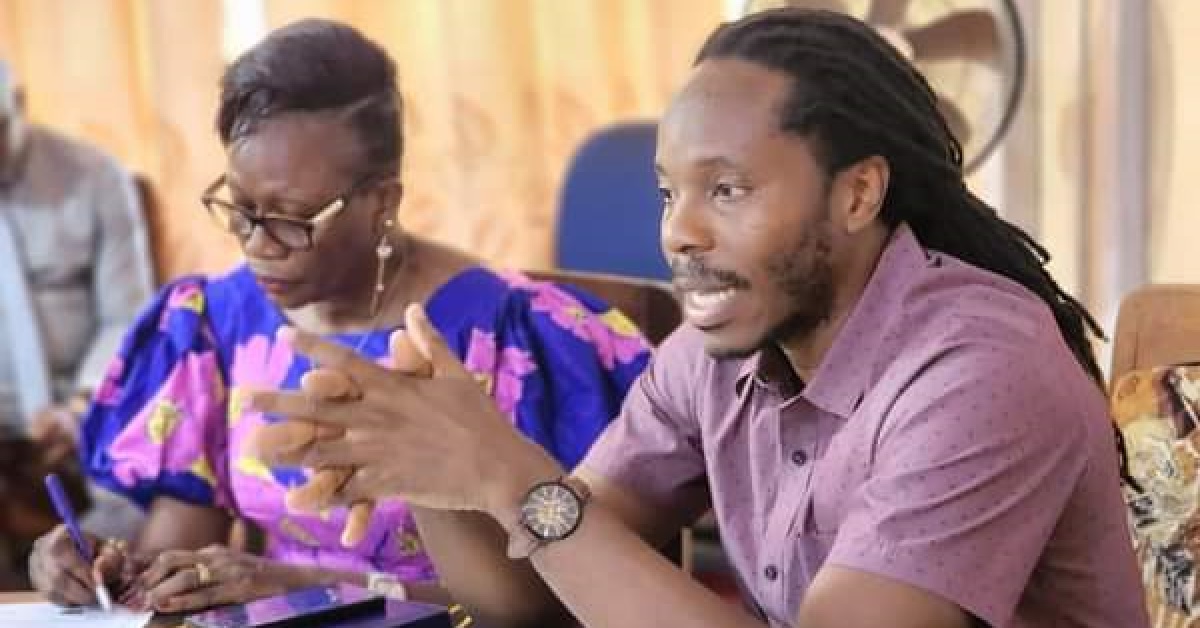The Minister of Basic and Senior Secondary Education (MBSSE), Dr. David Moinina Sengeh has committed to provide one tablet to each traditional leader in the Western Area Urban and Rural to enhance effective and efficient education monitoring.
This was disclosed an a dialogue session with the chiefs at MBSSE on Friday, 29th July 2022 at the MBSSE Conference Hall, New England Ville, Freetown.
The discussions centered on the role of traditional rulers in promoting inclusive education, reducing teenage pregnancy in communities, promoting girl child education, promoting oversight of education sector project and activities, strengthening School Management Committee (SMC), Boards of Governors and Community Teachers Associations (CTA), effective monitoring of teachers and pupils attendance, effective use of teaching and learning materials in schools, reducing Out-of-School Children, addressing School related Gender Based Violence and sustainability of the school feeding programme.

Dr. Moinina David Sengeh emphasized that education cannot be reformed without the involvement of community leaders, noting that this is the beginning of further engagements.
He highlighted some of the things the government has done to improve learning outcomes in the country.
Minister Sengeh said Government has been able to get this far because they invested in education, noting that government pays the full bill for school fees in public schools and pays the examination fees for nearly all students. In addition, they have hired more than 12,000 teachers, increased all teachers’ salaries on three occasions and doubled down on continuous professional development.
He said the government has invested in new teaching and learning materials and school feeding programmes, noting that the government believes that children must have access to nutritious meals for learning and their holistic development. “Furthermore, we innovated. For example, we introduced digital, SMS-based learning tools, including a free SMS dictionary. Students can now check their exam results and school placement on their phones for next to nothing instead of waiting for the paper results to travel to their schools. Our digital tools have been used millions of times. Just recently, we introduced the Learning Passport that gives students access to past exam papers. On the first day it was downloaded 4,000 times,” he said.
The Secretary General of the Council of Tribal Head in the Western Area, Chief Mathew Young underscored the importance of the dialogue session to them as traditional leaders, noting that they’ve been part of many engagements on education but this is the first time they have been called by a serving Government minister. He said the schools are in the communities and engaging the traditional leader is the way to go.
He commended the minister for what he has been doing to improve on learning outcomes in the country, like the introduction of scratch cards and the timely release of public examination results compared to what obtained before. The one day session, supported by the Free Education Project Secretariat (FEPS) of MBSSE, ended with a comprehensive roadmap on the full involvement of traditional leaders, particularly Tribal Heads in the monitoring of project implementation activities in their localities.



 Post a comment
Post a comment










Comment(s)
Disclaimer: Comments expressed here do not reflect the opinions of Sierraloaded or any employee thereof.
Be the first to comment